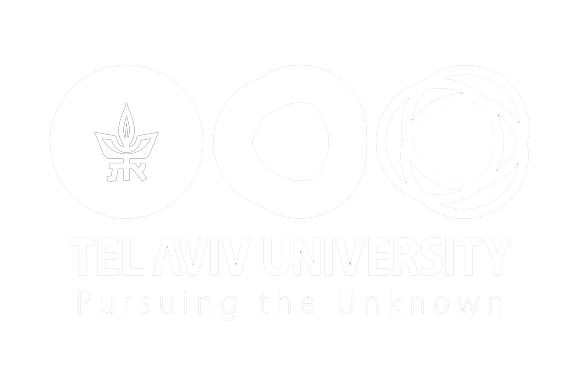University of Cologne
Excellence Center for Social and Economic Behavior
The Center for Social and Economic Behavior (C-SEB) at the University of Cologne (UoC) brings together Cologne-based researchers from economics, management science, and psychology. Together with internationally renowned scientists from Europe and the USA, they investigate the fundamental principles and behavioral mechanisms that affect social and economic behavior. Since its establishment in 2019, the Cluster of Excellence ECONtribute is an important partner.
Watch video Learn more
Social and economic behavior is shaping almost all aspects of our lives. But it does not only influence the actions of individuals. Behavior and its underlying motivation and cognition, also affects the success of societies, politics, markets and organizations. Understanding its determinants, and how it can be ‘managed’, is thus of crucial importance for understanding and addressing major challenges to society and humanity.
C-SEB aims to develop an empirically based theory of the institutions that define economic incentives and of the conditions that influence information processing in social and economic contexts. Using a behavioral economics and social cognition approach, the center examines how these mechanisms can be designed and manipulated. C-SEB seeks to build a bridge between laboratory research and real-world contexts in order to contribute to solutions to contemporary challenges in the economy.
Our Aims
Scientific exchange
C-SEB runs various programs to create a productive research environment and to promote interdisciplinary collaboration among scientists. In order to foster communication across disciplines and research units, the center regularly organizes workshops and conferences with international guests.Learn more
Research funding
C-SEB provides funding for outstanding individuals and excellent collaborative research projects in the field of behavioral economics and social cognition. There are six funding lines at the moment that are designed to serve different purposes and target groups.Learn more
Equal opportunity & junior researcher promotion
C-SEB is strongly committed to promote equal opportunities in academia and to advance the careers of junior researchers. The center assists its members with career planning and with reconciling academic and family life.Learn more
Press Releases
Pia Pinger receives the prestigious ERC Starting Grant for her project “OPPORTUNITY – Inequalities in Decision-Making at Critical Junctions in …
Matthias Sutter‘s new book “Der menschliche Faktor oder worauf es im Berufsleben ankommt” has just been published in its second …
C-SEB has approved the following projects for funding in the 16th funding round: Junior Start-Up Grants Vanessa Clemens – “The …
In the media
Handelsblatt, 28.02.2024 | Peter Cramton & Axel Ockenfels
“Mitten in der Transformation des Energiesystems steht der deutsche Strommarkt am Scheideweg zwischen Marktliberalisierung und zentraler Steuerung […]. Moderne Strommärkte müssen systematischen Bedrohungen standhalten können […]. Ein Schlüssel dazu ist ein moderner Stromterminmarkt […]. Ein solches System könnte auch Vorgaben für den Ausbau erneuerbarer Energien nahtlos integrieren und marktbasierte Vorkehrungen für außergewöhnliche Knappheitssituationen ermöglichen. […] Ein moderner Terminmarkt für Strom könnte allen Marktteilnehmern dienen und verhindern, dass Fehler im Marktdesign die deutsche Wirtschaft und ihre Energiewende untergraben.”FAZ, 19.02.2024 | Hannah Decker
“Cramton und Ockenfels gelten schon lange als Verfechter von Kapazitätsmärkten […]. Das Konzept der beiden Ökonomen sieht einen neuen „Energie-Terminmarkt” vor, […] auf dem Energieversorger sich vier Jahre bis einen Tag vor der tatsächlichen Lieferung mit Strom eindecken – aber nicht zu festen Zeitpunkten, sondern graduell über die Zeit. […] Der graduelle Handel verhindere die Ausübung von Marktmacht. […] Aktuell wird auf Anregung der EU-Kommission eine Teilung der deutschen Strompreiszone diskutiert.”
Events
-
Virtual Market Design Seminar // Bobak Pakzad-Hurson (Brown University)
6. May 2024 @ 16:00 - 17:00 via ZOOM
Bobak Pakzad-Hurson (Brown University): tba
For more information and registration visit: https://virtual-md-seminar.com/
-
ECONtribute and C-SEB Seminar // Nicola Gennaioli (Bocconi University)
8. May 2024 @ 12:00 - 13:15 Room 3.206, Studierenden Service Center (SSC) (Building 102), Universitätsstraße 22a, 50923 Köln
Nicola Gennaioli (Bocconi University) - "How People Use Statistics"
More Information here
-
Global Faculty GARY BOLTON & ELENA KATOK teach at UoC "Auctions and Bargaining: Theory and Practice"
13. May 2024 - 17. May 2024 @
Global Faculty Gary Bolton:
https://portal.uni-koeln.de/international/uzk-weltweit/global-faculty/kpa-ii-members/prof-gary-e-bolton
Global Faculty Elena Katok:
https://portal.uni-koeln.de/international/uzk-weltweit/global-faculty/kpa-ii-members/prof-elena-katok
-
ECONtribute and C-SEB Design & Behavior Seminar // Peter Andre (Leibniz Institute for Financial Research SAFE)
14. May 2024 @ 12:00 - 13:00 Room 3.206, Studierenden Service Center (SSC) (Building 102), Universitätsstraße 22a, 50923 Köln
Peter Andre (Leibniz Institute for Financial Research SAFE) - Mental Models of the Stock Market
-
ECONtribute and C-SEB Seminar // Miriam Wüst (University of Copenhagen)
15. May 2024 @ 12:00 - 13:15 Room 3.206, Studierenden Service Center (SSC) (Building 102), Universitätsstraße 22a, 50923 Köln
Miriam Wüst (University of Copenhagen) - "Universal Investments in Toddler Health. Learning from a Large Government Trial"
More Information here
Publications
Elias, J. J., Lacetera, N., Macis, M., Ockenfels, A., & Roth, A. E. (2024).
“Quality and Safety for Substances of Human Origins: Scientific Evidence and the New EU Regulations.” BMJ Global Health, 9(4), e015122.Ockenfels, A., & Roth, A. E. (2024).
“Anreize für Altruismus: Über die Auswirkungen unbezahlter Blutplasmaspenden.” Medizinrecht, 42(3), 175–176.Brosig-Koch, J., Hennig-Schmidt, H., Kairies-Schwarz, N., Kokot, J., & Wiesen, D. (2024).
“A New Look at Physicians’ Responses to Financial Incentives: Quality of Care, Practice Characteristics, and Motivations.” Journal of Health Economics, 94, 102862.Schwerter, F. (2024).
“Social Reference Points and Risk Taking.” Management Science, 70(1), 616–632.Alfitian, J., Sliwka, D., & Vogelsang, T. (2023).
“When Bonuses Backfire: Evidence from the Workplace.” Management Science.










